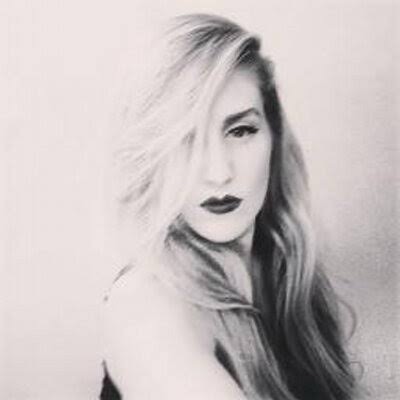
A
Punk Noir
Interview
with
Ashley Erwin
“Be nice, do dope shit.”
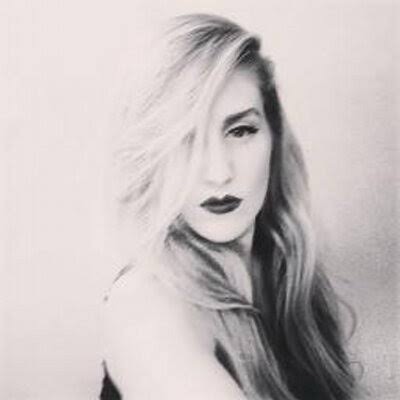
When I think of Southern Crime Fiction nowadays, the first name that springs to mind is Ashley Erwin. She has something that I always look for in a writer. The ability to blend prose and poetry seamlessly whilst writing about the darker side of life. If you haven’t read her phenomenal Grit Black Blood yet, I suggest you go purchase it from her publisher Shotgun Honey ASAP. In the meanwhile, here’s Ashley in her own words for another Punk Noir Interview.
Thanks a lot, Ashley. To start things off, would you tell the PN readers a little about how you got your start in writing and the whole crime fiction scene? Your origin story if you will.
Well, that’s a deep dive there. Come from a line of oral storytellers on both sides of the family, really, but it was my Dad’s side from Eastern, Kentucky that I probably owe most my chops too. My dad had a way of spelling a yarn that’d take a left off a turnpike, do a loop on the blacktop, circle back round to where he started, then take a short, quick right and end up somewhere you never thought you’d ever intended and the whole time you’d be sitting in the backseat grinning from ear to ear. It was a gift. Fact, all of the Erwins coming out of Hazard, KY and beyond are some of the funniest storytellers I’ve ever heard.
Suppose I was destined for it, even though that reads a little silly but it doesn’t make it any less true either. I always had a notebook on me and despite the day job, I am a pretty quiet “bare-witness-type,” so it was only natural that after a while I started cranking ’em out. However, I will say that it wasn’t until we moved to Los Angeles that things in the writing world started really happening. I published my first book, this Samaria-Western Dystopia, and then short stories started landing soon thereafter, which is real nice, but as far as building community, that came by way of Noir at the Bar series. That opened a lot of doors for me, just by visiting folks in different cities and cranking out bangers for all the lending ears present.
If my brand essence was anything it would probably be punk rock. I don’t know how to describe it otherwise but when I read a story it’s a commanding thing and time just sorta stops. I always just tell people you got to be in the room or now that I audio-recorded my last novel Grit, Black, Blood, you can bring the room to you!
Why do you write?
I truly found my way to it after my dad passed about 14 years ago. I was young. We were close. This was a way I could continue the conversation with him, writing these stories. The need to write has grown and transformed now, but the resolute calm that comes from the process, the flow that emits, the characters that bang at the door demanding to come out is for me when the soul quiets.
You’re perhaps best known for your southern grit lit novel Grit, Black, Blood.
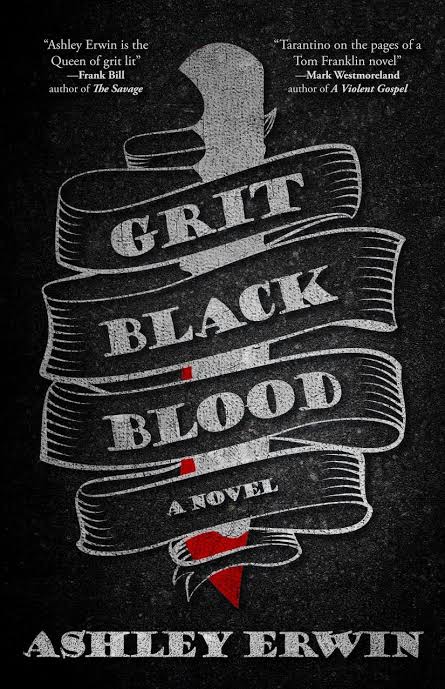
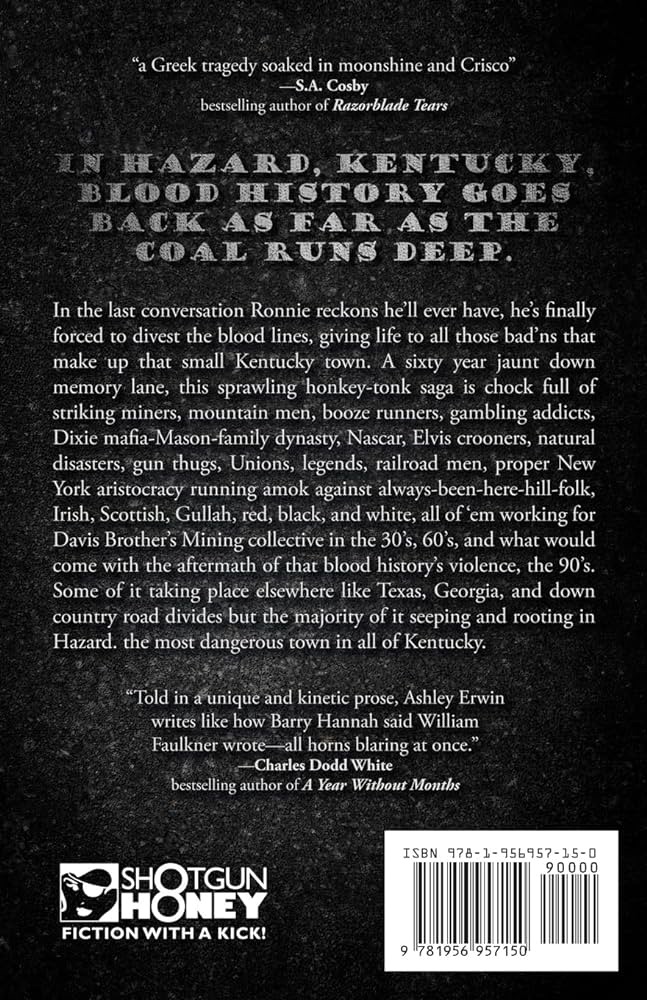
How did that novel come into fruition and what were your aims when you first started out writing it?
Grit, Black, Blood was an interesting journey. It was born from one of my first short stories with Shotgun Honey way back in 2014 and the character just wouldn’t quiet down. It’s fitting that it would be Shotgun Honey to print the book some 8 years later. But in regards to the how, that’s a mashbill of why’s thrown into the fermenter, and cooked for about 80 hours. Suppose, it was a combination of bourbon-day-job and my dad’s people coming from Kentucky that necessitated an understanding of the state, at least as much as I could grasp not being born there, though that is a common misnomer that depending on how impolite it comes off, I’ll correct. A lot of times, I don’t because it’s usually taken out of context, and well, there’s a lot of things linking me to KY and the way I sound, and the stories I write, don’t really help refute that. Regardless, the DNA of Kentucky blue runs in me somewhere or the other despite the Georgia upbringing. But at its core, Grit, Black, Blood is a story of how violence cascades down generations. I’ve always been fascinated by violence, sectarian or independent, and there’s heaps of blood in the southern dirt so it wasn’t all that hard for me to land on some particular time periods where the canvas is a little brighter.
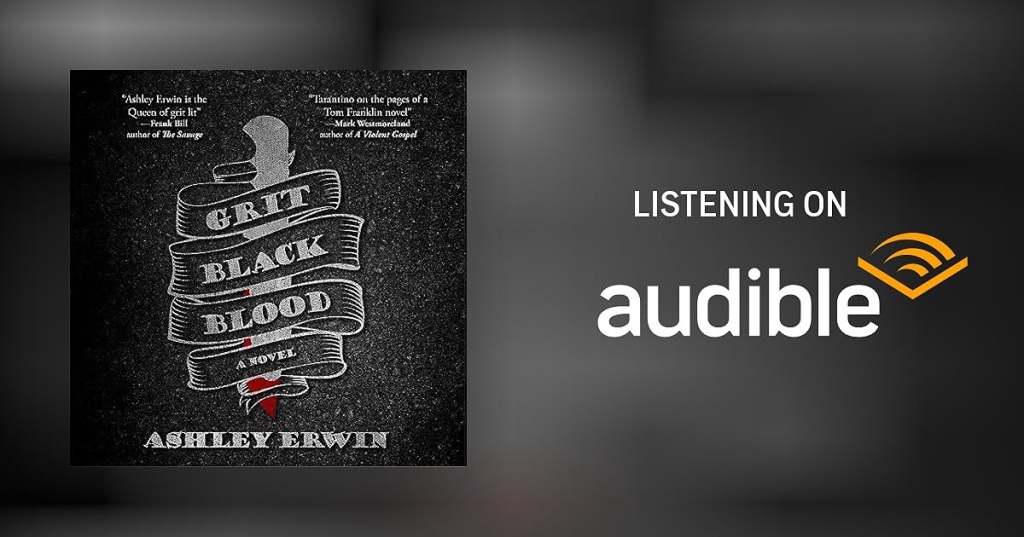
Specifically, I wanted to examine 3 time periods, the 1930’s, 60’s, and 90’s, a waterfall of “Sins of the Father, shit.” The gasoline that lit the match was a historical event happening during the 1930’s just outside Hazard, KY. Tactical guerrilla warfare carrying out in a small town called Harlan, KY. Miners vs. Coal Companies. 10 hard, bloody years long. Now what is of particular import in America during this time leading up and directly following is that this was nar an isolated incident. No, this was predicated by two very important battles just across state lines in West Virginia: Battle of Matewan and the massive Battle of Blair Mountain, in the 20’s. Imagine if Goerge Miller directed the biggest uprising of armed folks since the Civil War with miners fighting tooth and nail and molotov hell against the coal companies and the subsidiaries of gun thugs and the national guard coming in. In fact, Taylor Brown has a book coming out called Rednecks, which speaks on it and I’m really excited to see how he lays it out! There’s a great excerpt in the latest Bitter Southerner release that I highly invite folks to take a chunk out of.
Well, what came from that strife in the 1920’s’-30’s was some pretty amazing unionization between the coal miners in the 1960’s, which the mine didn’t very much care for and there were certain elements of retaliation there. So, I wanted to see what that might be like and I dug deep into the Mining reality. What does the mine town look like? What happens when the Mine wants to stop folks from gathering, from talking, from making demands?
And then that spilled over the boil into the 90’s, where the men didn’t really have a fight anymore. What sort of trouble do they get into? Which is where I open the book with two brothers who haven’t done nothing but get into trouble and the life therein and, well, shit ensues. Specifically, when their mother has died and tasked the one with finding his estranged father. It is this thread extending to the past that allows for the timelines to start to form, and if you listen to the cadence of the words, it begins to tell you of the land and the folks that settled it and the blood that was spilled. I mean there’s some real hard fuckers that moved historically into the early stages of KY and characters like, Hound Bonnehue and Enoch Murray, and the my favorite Irish duo, Cian and Riley reflect that in the 1930’s timeline. And well, I won’t go into it, with much else other than this, when you start to historically think about the state of Kentucky and its founding in 1792, a mere 16 years after America, it then becomes the first western expansion into the frontier and that means you got a lot of personalities kicking it in the bucket.
What advice would you give to up and coming indie authors?
Write what you think is dope. Honest. One of my mentors outside the writing world told me this and it has served me well in all facets of life: “Be nice, do dope shit.” It’s simple and it’s true.
What are your plans for the future and what are you working on now?
I got a couple of things kicking in the kitchen: this psycho-sexual thriller about a shock-jock-reporter, who’s husband turns up dead on the exact same day and in the exact same way, I might add, as the slain wife of free’d killer Blane Scottsdale. It’s a whopper and something fun that’s pushing me out of my comfort zone.
But I had something else knocking on my noggin that wouldn’t shut up and we’re in full thunderdome with that damn thing right now. We’ll just keep that one tight lipped but it’s taken over and rearranged the furniture for sure!
And then I got this tv show I wrote a couple back that’s making the rounds again, so that might be fun!
What novel are you reading at the moment?
I hate to say it but I don’t want to lie, it’s a bunch of He-Man work shit. Like, Goggins on full throttle.
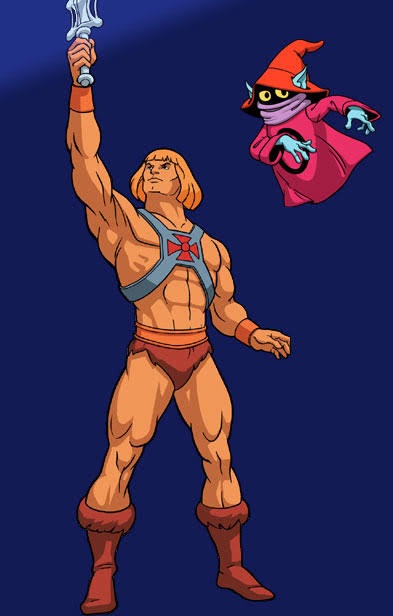
What music are you listening to recently?
Crazy as it sounds, and trust me, I know it does, I don’t really listen to music unless it is delegated to an action. But I discovered these two new artists I like alot: Yamé, this French-Camaroonian Rapper who is straight fire. And then Glass Spells, this Socal Latin Goth synthesizer duo. They are like if the movie DRIVE took a popper and decided to wade into a pool drunk and close out an episode of the new Twin Peaks at the Bang Bang bar. I went to one of their shows in LA recently and it was a room full of old goths, brilliant.
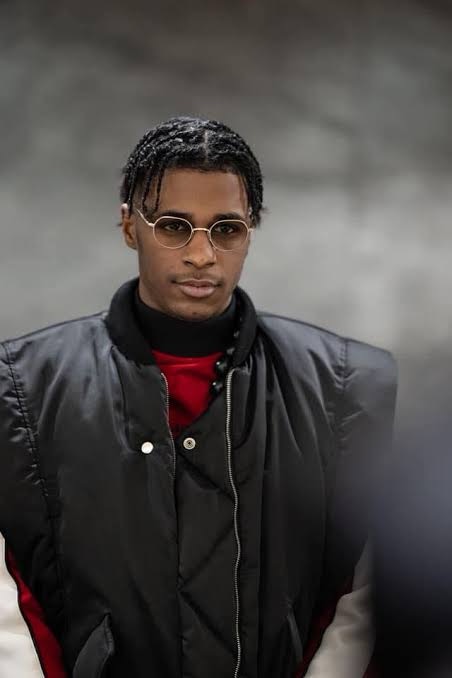
What’s your favorite punk song?
I’ll save my destruction for metal so let’s say, “Story of my life,” by Social D.
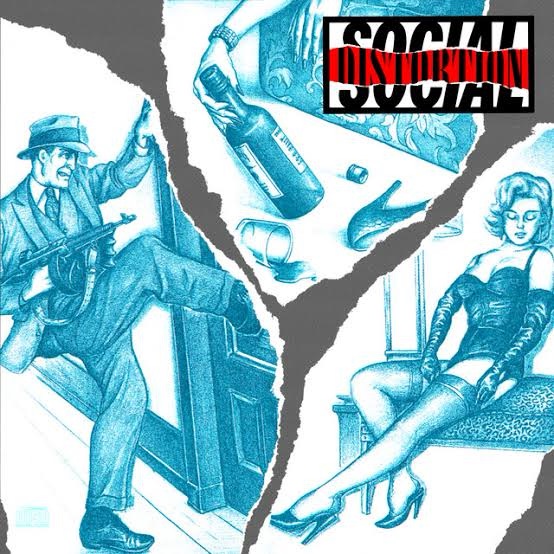
Favorite noir novel?
Feast of Snakes by Harry Crews. Don’t @ me. Just read it.
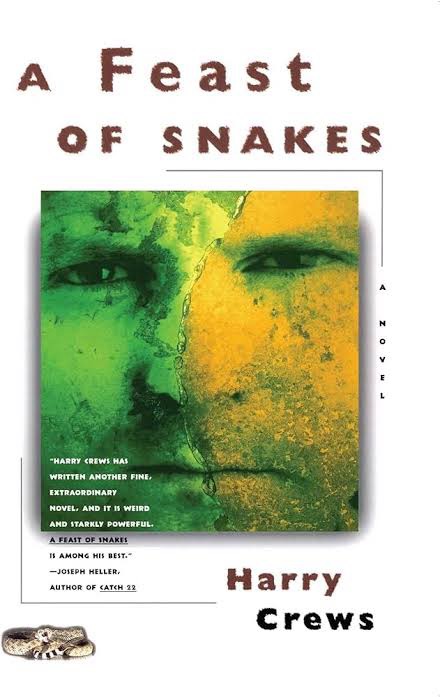
Favorite piece of art?
Artemisia Gentileschi’s Judith slaying Holofernes. Lots of hype on that one but I got my first peak from Dr. Crary, my Art History Professor so thanks for that! Lots of conversations around wine bottles concerning Artemisia. Like when is that Bio-pic landing, for real, though?!
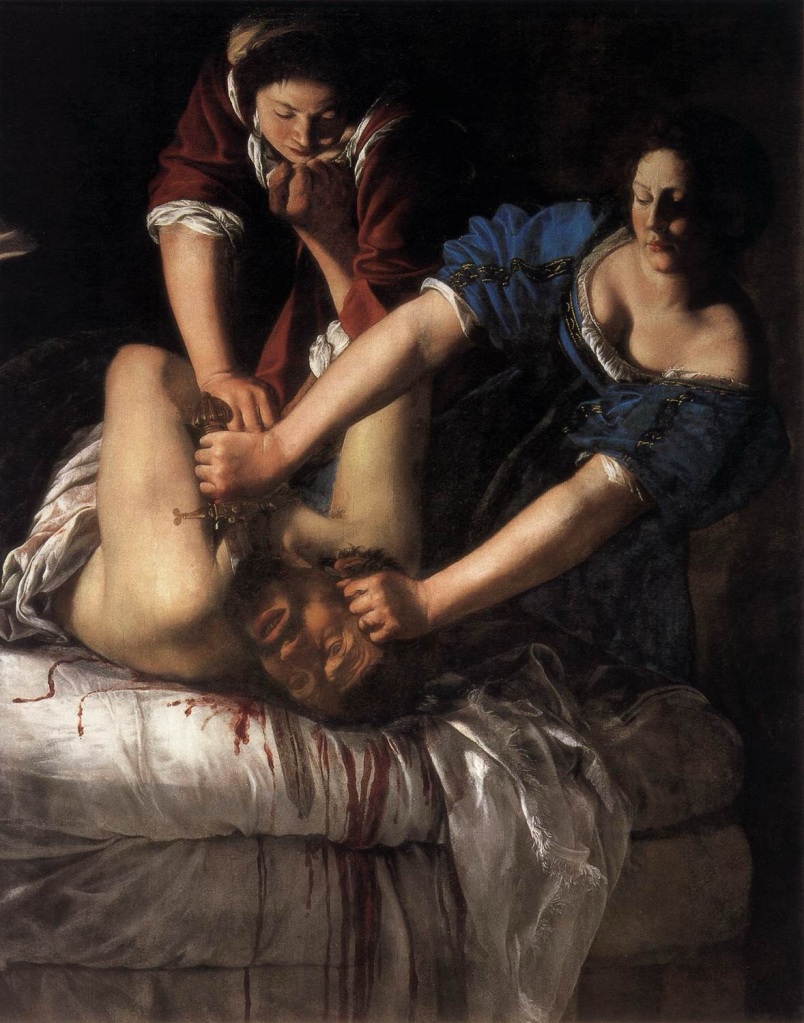
What’s is an issue you care about deeply?
Cats.
Describe your writing style in three words.
Bombastic
Pulp (with a)
Body Count.
That works, right!
Three favorite indie novels?
There’s too many to choose but I’m reading Russel Johnson’s “The Mountain Mystic” to come out soon from Shotgun Honey!
Really dug Chris McGinley’s “Once These Hills,” from Shotgun Honey.
CW Blackwell’s “Hard Mountain Clay,” from Shotgun Honey.
Wait a second, I’m noticing a theme here….BINGO! Shotgun Honey, crime fiction with a kick, slam into your peepers, friends, it’s all good.
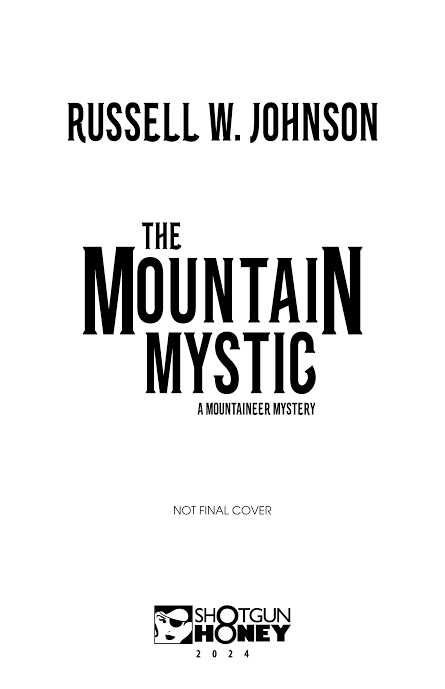
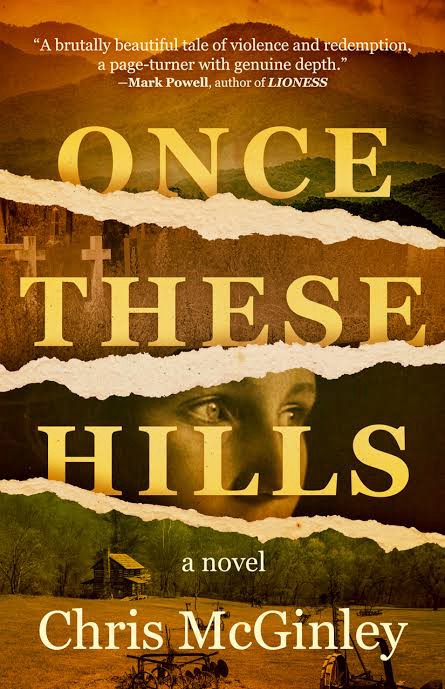
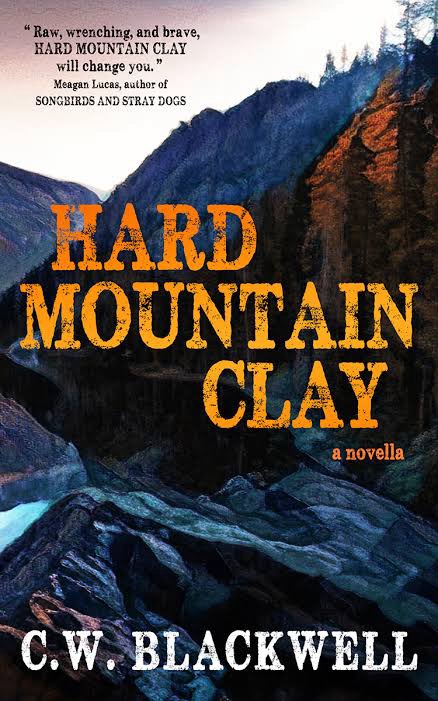
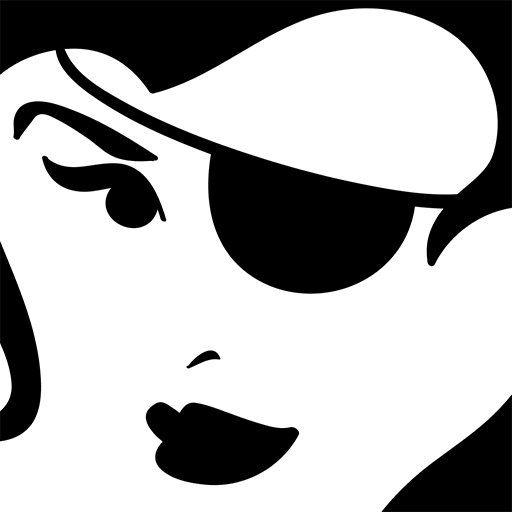
If you could go on a drinking binge with 5 writers alive or dead who would you choose?
Ok, for the go for the laughs, stay for the drinks crowd:
Harry Crews, because someone’s going to need to carry the hardware. Peckinpah, because we’ll need to blow something up for sure! Eryk Pruitt, because someone’s going to need to tell a joke perfectly timed and there’s few that can beat him at that. Shawn and Kim Cosby because she sounds like honey and he wraps words like barbwire and they’re just the best and Kim knows how to play poker now, so watch out!!! Does Dolly Parton count? I mean she’s a writer. I’m sorta bending the rules. Just think of the rhinestone outfits….sign me up!
If you could choose a movie death to go out to what would it be?
Raid 2, kitchen death fight scene.
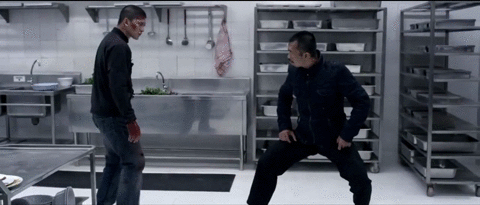
What song do you sing in the shower?
Wish I was that cool.
Would you rather have a New York Times mega one hit wonder or a small cult following that lasts forever?
Let’s go small cult. I don’t know that what I write is for the people unless you’re the people, ya feel.
What would you like written on your gravestone?
Lived to 100.
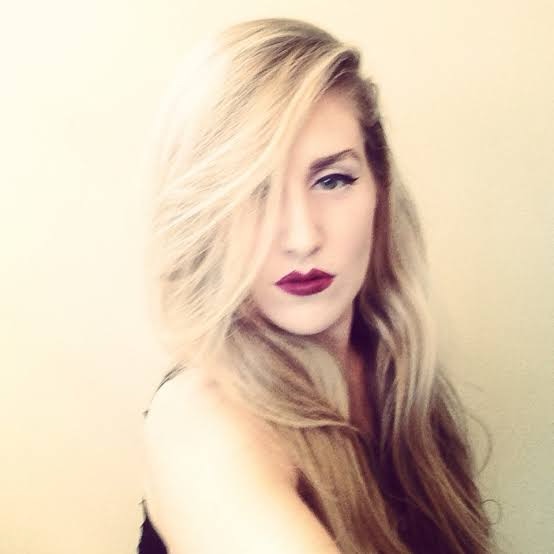
Bio:
Ashley Erwin writes Southern Pulp. Sometimes she does it well. Mostly, she slings dranks and peddles whiskey until the day comes that she doesn’t. She is the author of A Ballad Concerning Black Betty or the Retelling of a Man Killer and Her Machete. Her short stories can be found at Cheap Pop, Shotgun Honey, Switchblade, Revolution John, and soon to be Cowboy Jamboree’s “Grotesque Art.
(Interview by Stephen J. Golds)
Stephen J. Golds was born in North London, U.K, but has lived in Japan for most of his life. He speaks the language pretty well and makes great takoyaki.
He writes primarily in the noir and dirty realism genres and is the editor-in-chief of Punk Noir Press.
